A Dundee Parkinson’s disease researcher has revealed how his dad’s battle with the incurable condition inspired a career move.
Dr Andy Howden works as a senior research associate in the School of Life Sciences at the University of Dundee.
Speaking for Parkinson’s Awareness Week, the 42-year-old said the memory of his dad, Jim, motivates him in his work every day.
He revealed he shifted his research focus onto Parkinson’s disease following his father’s death in 2014.
Andy was a plant scientist until his father passed away from the condition in 2014.
His work now focuses on links between the immune system and progressive neurodegenerative conditions like Parkinson’s and Alzheimer’s.
The father-of-three said: “I started in Dundee in immunology so I am interested in the immune system and how it protects us from disease but also how it can go wrong and cause disease.”
Andy moved into the field in 2015.
“I did this strategically because my dad had Parkinson’s and he died from the disease the year before in 2014.
“I really wanted to try and change my research direction to try and tackle disease, particularly Parkinson’s.”
What does Andy’s research work in Dundee involve?
Andy’s research involves trying to identify a biomarker for Parkinson’s in the blood.
He explained: “Parkinson’s disease can be difficult to diagnose at the beginning.
“You are looking for symptoms like a tremor or loss of balance.
“But often when someone is diagnosed, they have already had Parkinson’s for a long time.
“It can be doing damage to the brain for many many years before it is picked up.
“So I want to try and see if I can pick up a signature of the disease much earlier.”
Andy will examine blood from a healthy person and compare it with blood from someone who has Parkinson’s, so he can analyse both to see if there is something different in the immune cells, which suggests they have Parkinson’s disease.
The signature acts as a warning sign flagging up that the person has the condition.
Many hope this could help diagnose Parkinson’s much earlier.
Andy said this project, which has been ongoing for a year and a half, is running until the end of the 2023.
How Parkinson’s disease affected Andy’s dad
Jim Howden had Parkinson’s for 20 years after developing the condition in his late 40s.
Andy said: “I was always keen on science and research but it was only after my died in 2014, I really wanted to change what I was doing.
“I wanted to have more of a focus on Parkinson’s and other neurodegenerative diseases.
“My dad found it hard with his mobility, for example walking and balance.
“He would fall over quite a lot.
“Speech and sleep becomes impacted. Mood is also affected so depression is quite a common symptom of Parkinson’s.
“I would see all of those things with my dad.
“He had a really good life living with Parkinson’s but it’s really tough, the last few years especially.
“He died when he was 72.”
New area of Parkinson’s research
Andy said there is currently a lot of interest in the links between the immune system and Parkinson’s.
He explained: “A new area of research is looking at whether the immune system could cause the disease.
“If I notice a difference in someone’s immune cells – for instance, if they have Parkinson’s versus a healthy individual – could that be a trigger for the disease?
“This is all unknown and things we are exploring.”
Andy said Dundee is a centre of excellence for Parkinson’s research: “Dundee is building up a community of researchers trying to tackle the disease and it is really good to be part of that.”
How Andy’s dad still motivates his research
There have been no new Parkinson’s treatments for decades.
Doctors use some of the same drugs to treat symptoms as they did 30 years ago.
There is also currently no treatment which slows or stops its progression.
“It is frustrating but it is a very complex disease.
“However I am optimistic.
“The pace of the research is increasing so I am hopeful there will be breakthroughs.”
Andy added: “My work is a challenge and research is tough because you don’t just get into the lab and then everything works.
“You have setbacks.
“But I love the challenge and it is very easy for me to get motivated about my work because I have a personal connection.
“What happened to my dad helps keep me going.”
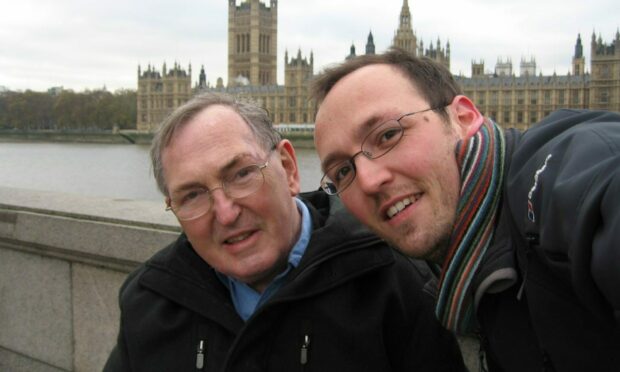
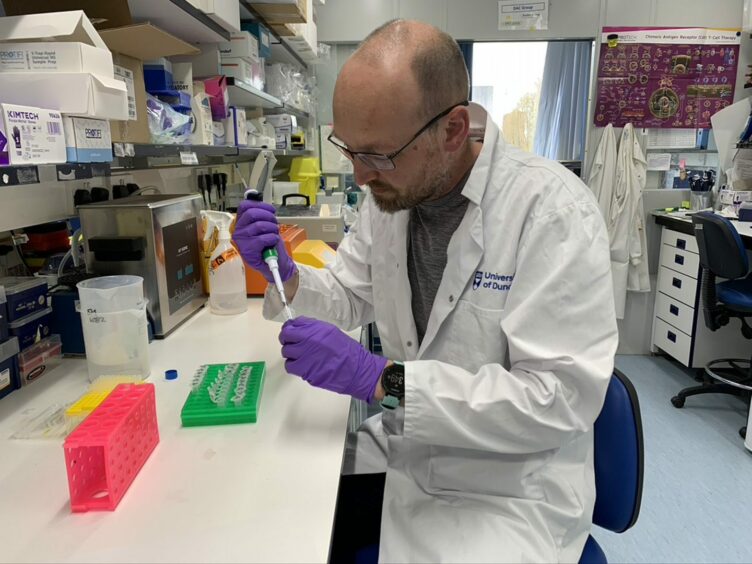
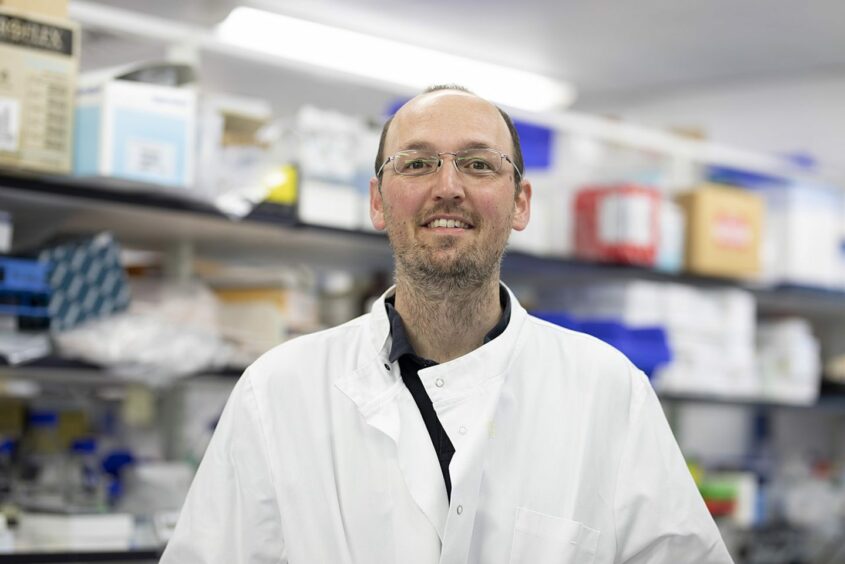
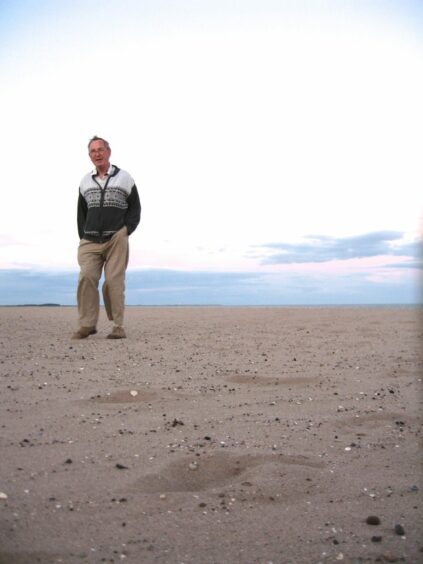



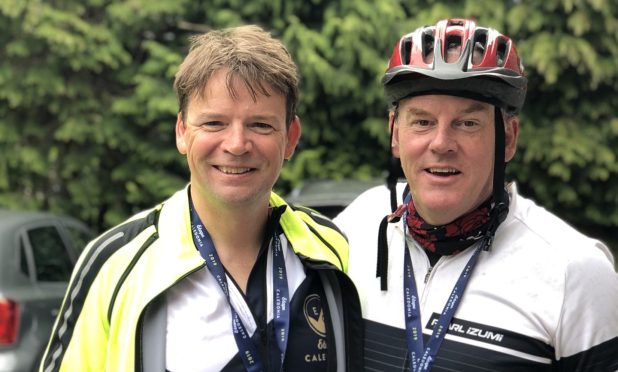


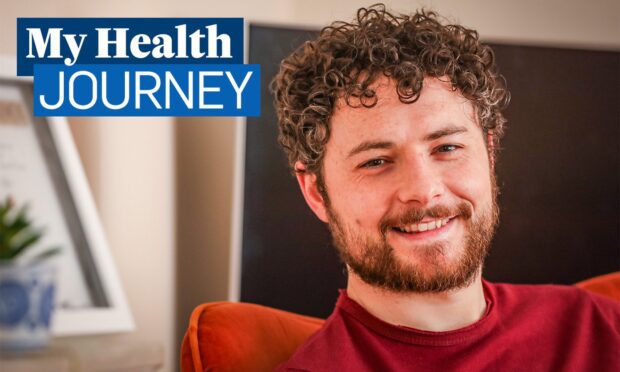

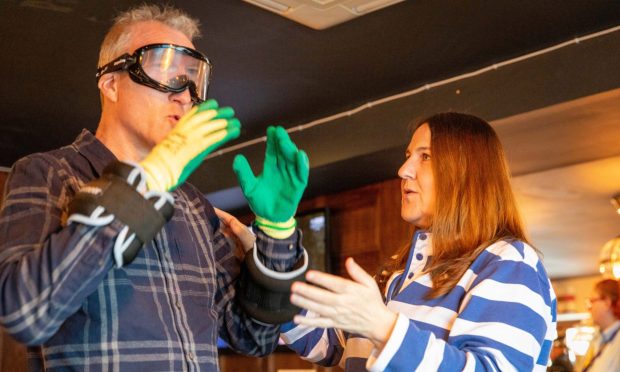

Conversation